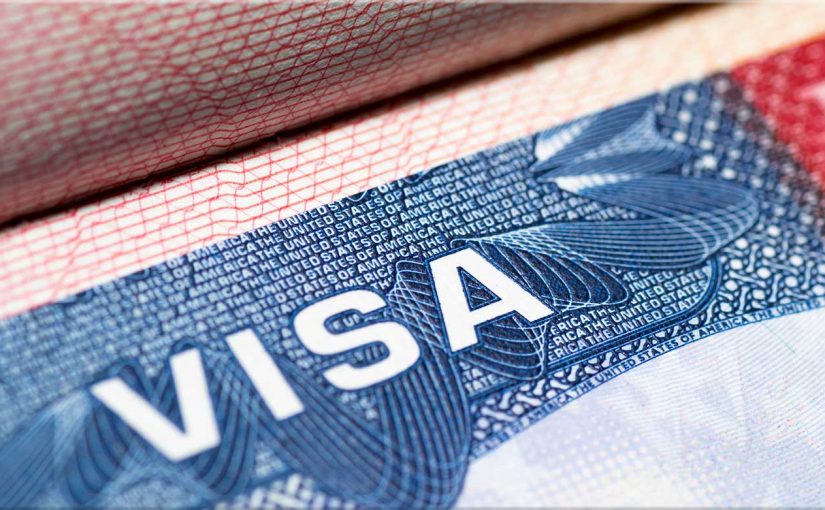
Interviewer: Could start off by talking about the I-601, the provisional stateside waiver?
Jeanne Morales: Actually, the Form 601, immigration form, that’s where the “I” comes from, is a general waiver form and it is not one that you do in the United States. A recent new waiver process is called a 601a, and that is one that can be filed while the alien is still in the United States.
What Is a Waiver?
Interviewer: What is it exactly? How can it help someone?
Jeanne Morales: Let’s talk about what waiver is in general. Someone who wishes to come to the United States may, in fact, already be what’s known as inadmissible. That could be either because of a health reason, it could be because of a crime they may have committed, or it could be because of prior activities within the United States. That might include such as being present without being admitted or staying in the United States past the allowed time, for example, if they entered with a visa, they entered legally, but then they turned into what’s called an overstay.
A Waiver Is an Avenue to Obtain Legal Entry into the United States
There are many different ways that someone could become inadmissible. If you’re inadmissible, there’s a pathway for you to get paperwork and get the ability to come to the United States legally. A waiver, also what many of the clients refer to as a “pardon,” is a way of waiving the inadmissibility and allowing that person to finish up with the process that they’ve started in getting their paperwork straight and living legally in the United States.
Interviewer: This waiver would assist them in getting here, while ordinarily they wouldn’t be allowed? Is that correct?
Jeanne Morales: Correct. Yes.

